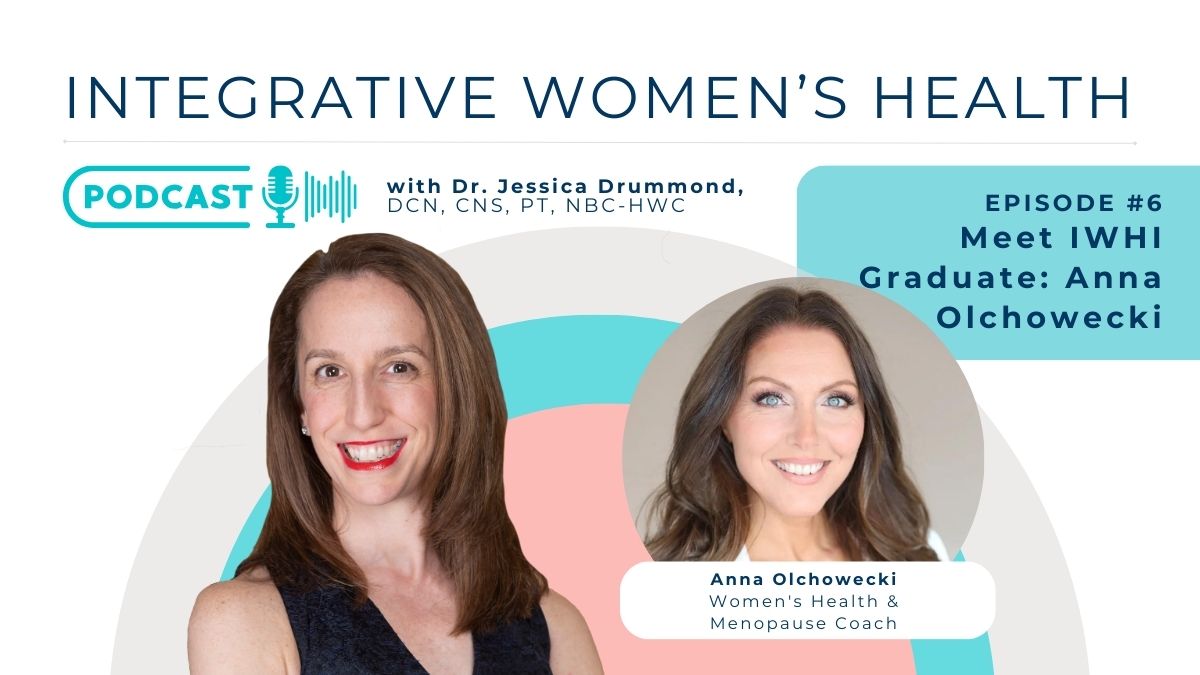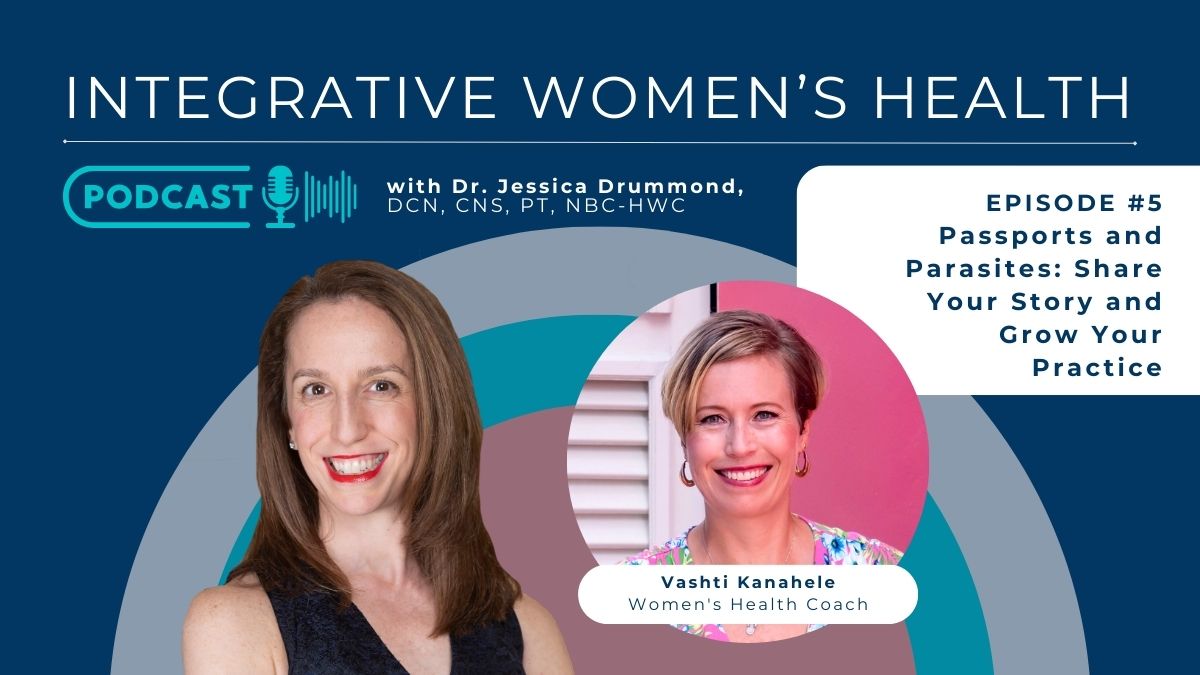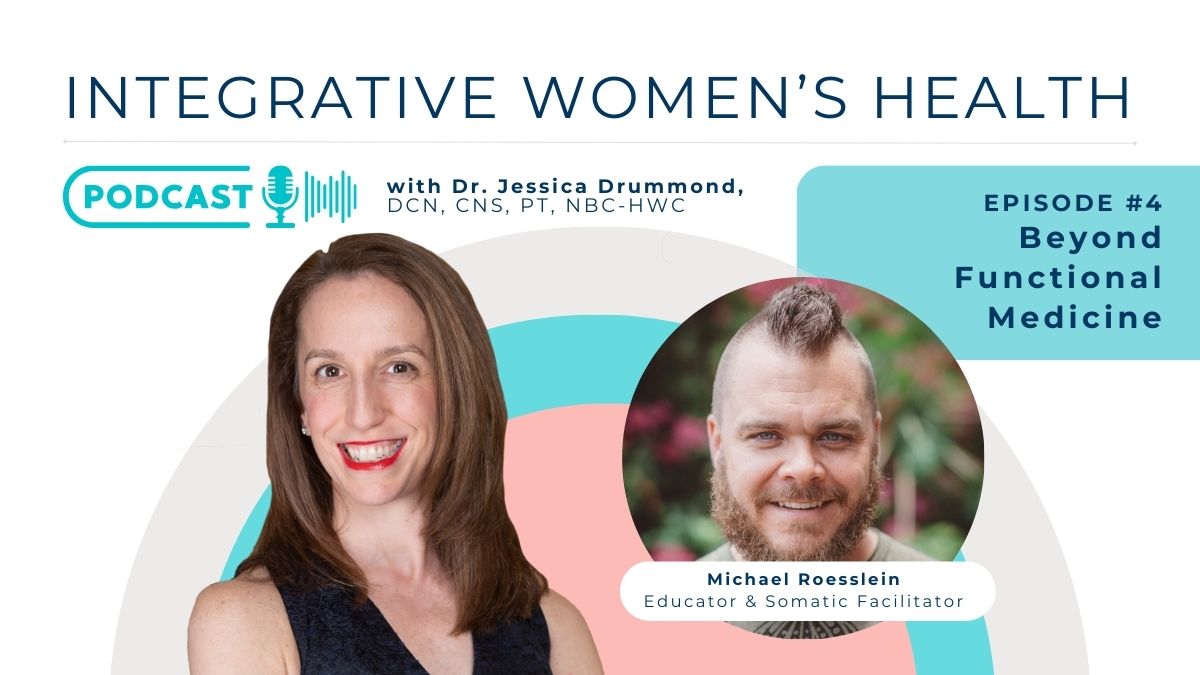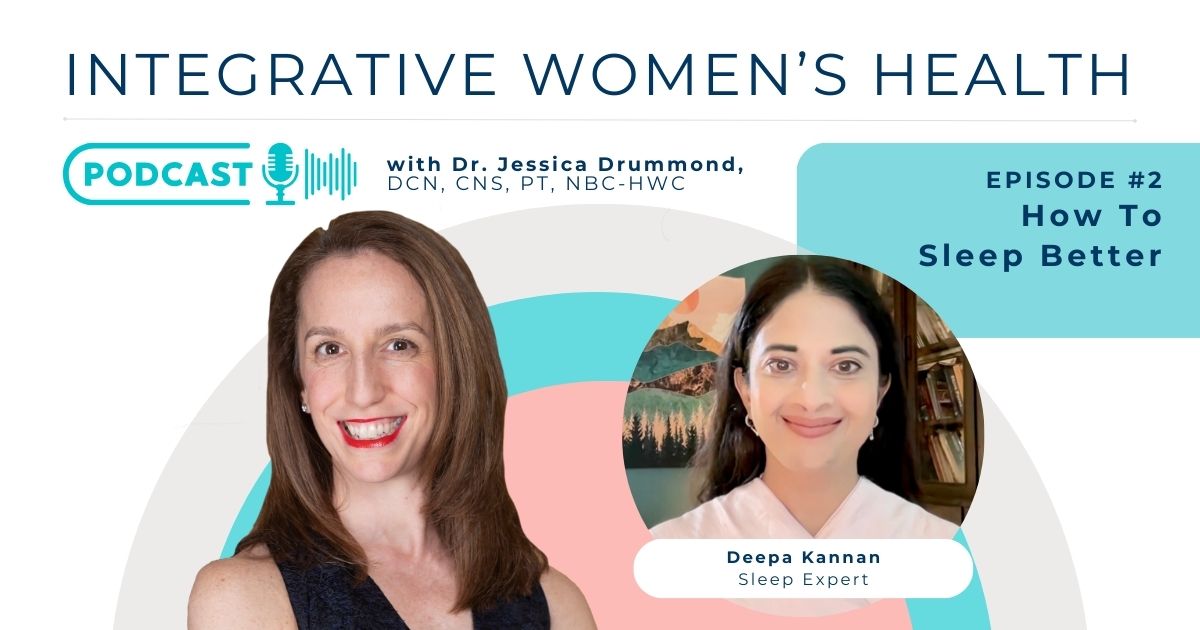
While there is no one-size-fits-all IVF Diet, focusing on your nutrition can certainly improve your IVF success. Let’s discuss a few important strategies for supporting your health to improve your chances of having a healthy pregnancy with IVF.
The IVF Diet is a Mediterranean Style, Low Carbohydrate, Anti-inflammatory, Nutrient Dense Diet
When 160 couples undergoing IVF treatment were followed in The Netherlands, women who adhered to a Mediterranean dietary pattern, meaning a high intake of vegetables, olive oil, fish, and legumes, and a low intake of snacks (such as processed foods and sugar), the likelihood that they would become pregnant increased by up to 40% (Vujkovic, et al., 2010). Thus, if women undergoing IVF eat a Mediterranean style – anti-inflammatory, nutrient dense – diet, they are more likely to successfully achieve a pregnancy. Plus, eating an anti-inflammatory, nutrient dense, low carbohydrate diet will encourage weight loss in many women. With a 10-15% weight loss, an additional 40-50% increase in pregnancy rate can occur, especially with the assistance of fertility medications (Crosignani, et al., 2002).
Take Omega-3 Fatty Acid Supplements
In women undergoing IVF treatment, high total omega-3 intake, in particular alpha-linolenic acid (ALA) and docosahexaenoic acid (DHA), improve embryo morphology (Hammiche, et al., 2011). Better embryo morphology is positively predictive of better implantation and live birth rates (Dennis, et al., 2006).
Flaxseeds or flaxseed oil is rich in ALA, and fish oil supplements are rich in DHA.
Avoid Trans Fats
Trans fats are unhealthy fats found in packaged foods with long shelf lives. Usually labeled as partially hydrogenated vegetables oils, these fats are well known to contribute to cardiovacular disease. But, they have also been implicated in significantly increasing the risk of ovulatory infertility – even in small amounts. For every 2% increase in the intake of energy from trans unsaturated fats (instead of healthier fats or carbohydrates) was associated with a 73% greater risk of ovulatory infertility (Chavarro et al., 2007).
Take Probiotics
A key part of an “IVF Diet” is eating foods or taking supplements high in Lactobacillus probiotic strains (one strain of healthy bacteria.) In many cases balancing Lactobacillus with other healthy strains is optimal. Lactobacillus strains produce hydrogen peroxide in the vulvovaginal canal, which is important for killing pathogenic (“bad”) bacteria and other microbes. Having adequate healthy bacteria in the vulvovaginal canal reduces the risk of vaginal infections. And, specifically, when the hydrogen peroxide producing probiotic strain, Lactobascillus crispatus, was used to colonize the vaginas of sexually active healthy women, the success rate of IVF was increased to 69 to 90% (Sirota, et al., 2014). In this study, the transfer-catheter tip was colonized with L. crispatus at the time of the IVF embryo transfer, but preventatively adding this and other beneficial strains to the nutrition and supplement plan in the preconception phase can also be helpful for increasing live birth rates and reducing vulvovaginal infection risk.
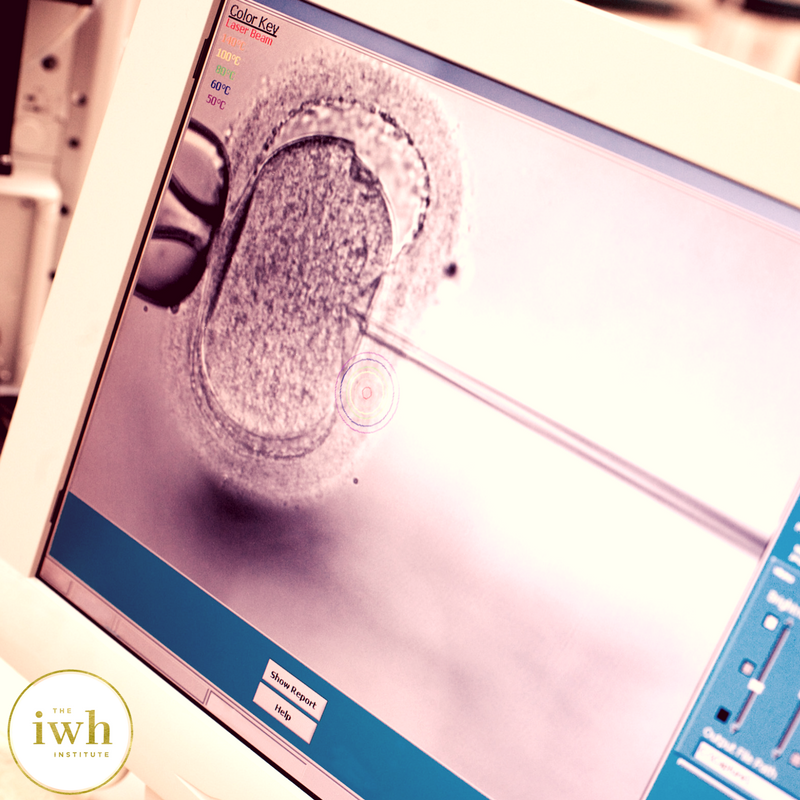
Add Antioxidants for More “Energized” Eggs and Sperm
The mitochondria are the powerhouses of all human cells. For egg and sperm cells chronic inflammation, environmental toxin exposures, and stress can wear down the mitochondria due to an overload of oxidative stress. To support healthy mitochondrial function in oocytes, supplement with coQ10 and N-acetyl-cysteine, and to support healthy mitochondrial function in sperm cells, support with zinc, green tea, and other antioxidant nutrients (Sha’bani et al., 2015).
Thus, when using assistive reproductive technologies to support fertility and pregnancy, there are so many nutritional strategies that can help with achieving the best result possible – a healthy pregnancy and a healthy baby 9 months later!
References:
Chavarro JE, Rich-Edwards JW, Rosner BA, & Willett WC. (2007) Dietary fatty acid intakes and the risk of ovulatory infertility. Am J Clin Nutr, 85(1), 231-7.
Crosignani PG, Vegetti W, Colombo M, & Ragni G. (2002) Resumption of fertility with diet in overweight women. Reprod Biomed Online, 5(1), 60-4.
Dennis, S. J., Thomas, M. A., Williams, D. B., & Robins, J. C. (2006). Embryo morphology score on day 3 is predictive of implantation and live birth rates. Journal of Assisted Reproduction and Genetics, 23(4), 171–175. http://doi.org/10.1007/s10815-006-9027-3
Hammiche F, Vujkovic M, Wijburg W, de Vries JH, Macklon NS, Laven JS, & Steegers-Theunissen RP. (2011) Increased preconception omega-3 polyunsaturated fatty acid intake improves embryo morphology. Fertil Steril, 95(5), 1820-3. doi: 10.1016/j.fertnstert.2010.11.021.
Sha’bani, N., Miraj, S., Rafieian-kohpayei, M., & Namjoo, A. R. (2015). Survey of the detoxification effect of green tea extract on the reproductive system in rats exposed to lead acetate. Advanced Biomedical Research, 4, 155. http://doi.org/10.4103/2277-9175.161582
Sirota, I., Zarek, S. M., & Segars, J. H. (2014). Potential Influence of the Microbiome on Infertility and Assisted Reproductive Technology. Seminars in Reproductive Medicine, 32(1), 35–42. http://doi.org/10.1055/s-0033-1361821)
Vujkovic M, de Vries JH, Lindemans J, Macklon NS, van der Spek PJ, Steegers EA, & Steegers-Theunissen RP. (2010) The preconception Mediterranean dietary pattern in couples undergoing in vitro fertilization/intracytoplasmic sperm injection treatment increases the chance of pregnancy. Fertil Steril, 94(6), 2096-101. doi: 10.1016/j.fertnstert.2009.12.079.



